The best scientific estimates tell us human civilization is in overshoot. Were you aware of this? Do you know what overshoot is? This year (2019), Earth Overshoot Day in 2020 falls on August 22. Since 2003, scientists at Global Footprint Network have been analyzing UN data and satellite imagery to estimate the planet’s capacity to meet our needs (biocapacity), and humankind’s footprint - or demand (ecological footprint) - on that capacity. Their analysis suggests we have been in overshoot since…
Tag Archives limits to growth
Robust economic growth has become the Holy Grail of public policy and politics. But some economists and many scientists have come to believe growth has become “uneconomic." Former World Bank Senior Economist Herman Daly explains this in terms we can all understand. The economy is a sub-system of a larger system. The larger system being the biosphere, the environment. The biosphere is finite, non-growing, materially closed. We get a flow of solar energy coming in, but it's not growing, either.…
Rex Weyler has lived the life dreamed of by those who want to make a difference. As a young man he joined early Greenpeace expeditions to document and stop commercial whaling. He went on to co-found Greenpeace International, and as a journalist has covered the subject of ecology extensively. The human machine is just steamrolling…toward disaster.” Weyler has lived a rich life and has a keen understanding of the source of joy, but there is sadness in his voice when…
The age of growth and the age in which growth is going to be considered a good thing is coming to an end.” The late sociologist William R. Catton was certain of this, but spent a significant portion of his professional life attempting to understand why mainstream society was reluctant to prove his point. Catton authored the landmark book, Overshoot: The Ecological Basis of Revolutionary Change, published in 1980. He brought important sociological perspective to a subject dominated by biologists…
How big is your ecological footprint? Probably bigger than you think. After all, out of sight, out of mind. As an originator of ecological footprint analysis, population ecologist William Rees knows a thing or two about our impact on the planet. In this interview he provides some fascinating, and surprising insights. This is one of our best episodes from season one. We're sharing these while we take a break between seasons 2 and 3. Help ensure there IS a season…
Are we all “bystanders” when it comes to responding rationally to the serious environmental crises faced by our civilization? How is our behavior shaped by that of those around us? We’ve all heard of “the bystander effect” in which a large number of people stand by and do nothing to help someone in trouble. According to social norms theory, misperceptions of the attitudes or behaviors of our peers can cause the expression of problem behavior and the inhibition of healthy…
What exactly are “think tanks” supposed to be thinking about? Are some of them part of a campaign to cast doubt on science when it could interfere with profits? Author Kerryn Higgs recounted the growth-seeking activities of the corporate world in her book, Collision Course: Endless Growth on a Finite Planet. Her research reveals think tanks, industry associations, and even university economics departments all play a role in advancing and preserving our society’s commitment to growth above all else, even…
How and why did our society come to value economic growth so highly that we pursue it at the risk of our long-term survival? For some time scientists have warned that human civilization is living beyond the ecological means of our planet. Yet our commitment to economic growth is unwavering. Australian writer Kerryn Higgs chronicled this triumph of denial over science in her book, Collision Course: Endless Growth on a Finite Planet. This book is impressively researched. She shares her…
We need to change the way we think if we want to extend the shelf-life of our civilization, according to Frances Moore Lappé, author of EcoMind: Changing the Way We Think and Diet for a Small Planet. In this 2017 conversation, Lappé explains some of the “thought traps” to avoid in order to effectively inspire transition from what she calls our “economy of destruction.” She also explains how democracy is much more than just a form of government; it is…

